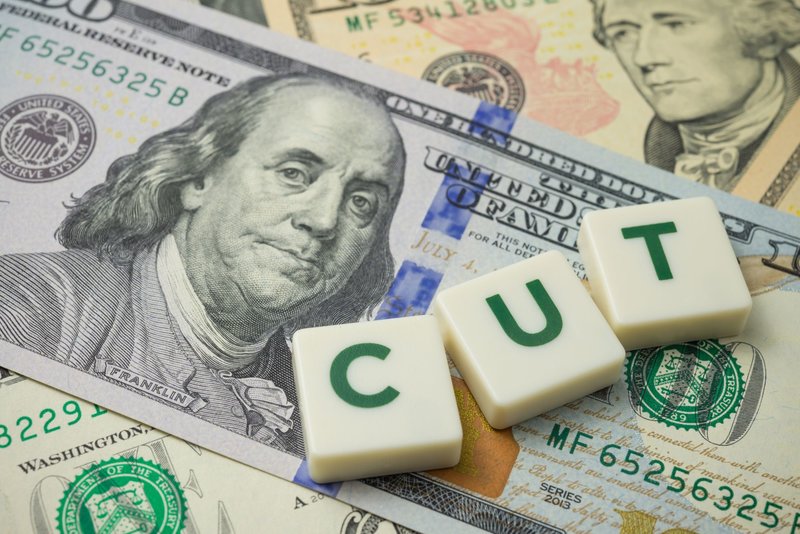Fed’s rate cut offers opportunity for Vietnam stock market
With greater liquidity, investors would look for markets deemed safe with less negative impacts from the Covid-19 epidemic.
The Federal Reserve (Fed)’s decision on Sunday to lower its benchmark interest rates to 0 – 0.25% from the previous target range of 1 – 1.25% could present an opportunity for Vietnam’s stock market, according to a report by BIDV Training and Research Institute.
| Illustrative photo. |
The report suggests with greater liquidity as a result of such move, investors would look for markets deemed safe with less negative impacts from the Covid-19 epidemic.
“Vietnam’s efficient solutions to prevent the spread of the epidemic, coupled with drastic measures from the government in supporting economic development and improving the business environment could be attractive to investors,” stated the report.
On the other hand, growing uncertainties surrounding the epidemic is proving to be a stumbling block for the recovery of Vietnam’s and other stock markets all over the world, especially as bad news related to the epidemic dampens investor sentiment.
Therefore, the realization of the “dual target” of containing the Covid-19 epidemic and maintaining high economic growth under the request of Prime Minister Nguyen Xuan Phuc, along with timely measures to stabilize market sentiment and improve the business environment, are key driving forces for Vietnam’s stock market this year.
Meanwhile, the institute's report said the Fed’s rate cut and similar actions from major central banks around the world are putting pressure on Vietnam's central bank to follow suit. However, lower interest rates at the moment do not provide much support, assessed the report's authors, adding what people and the business community need at the moment is support for liquidity, not to mention the delay effect of rate cuts.
The current high inflationary pressure makes the decision to lower interest rate a tricky one. In the first two months of 2020, Vietnam's consumer price index (CPI) rose 5.91% year-on-year, the highest two-month growth rate over the last seven years and above the full-year target of 4%.
Moreover, a lower interest rate would not have much effect on new loans as the economy’s capacity to absorb capital remains week, with credit growth in the January – February period climbing a modest 0.1% year-on-year, significantly lower than the growth rate of 0.85% recorded in the same period last year.
In another assessment, BIDV expected Fed’s recent move would pose no significant impacts on the USD/VND exchange rate. While a cheaper greenback could relieve pressure on the USD/VND, psychological factors could offset such the effect.













